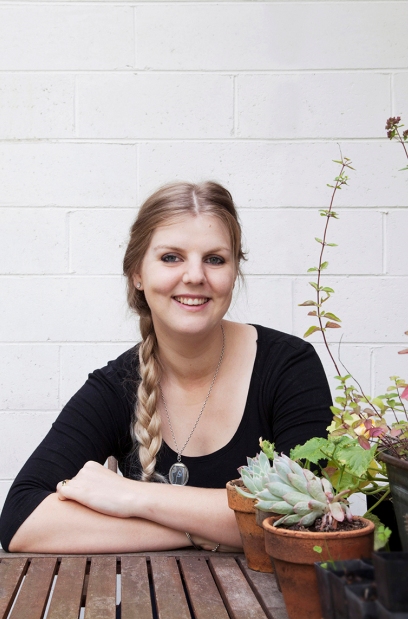meet the judges of the 2016 rachel funari prize for fiction: eliza henry-jones

Over the next few weeks we will introduce you to the wonderful women writers that make up the judging panel of the 2016 Rachel Funari Prize for Fiction.
Today we chat with Melbourne author of In the Quiet, Eliza Henry-Jones.
What are you working on in 2016?
I’m working on my second novel, which is scheduled for release this year, and am kicking along with the beginnings of my third. I’ve also had a few shorter pieces on the go. My main focus this year is reading women writers – widely and often!
What does “other” mean to you?
I think I could probably fill a few pages with my ramblings, but I suppose for me, other is something unknown; something bridging, or something on the outer. Looking in, but not always, and often unspoken.
As a female writer, are there any experiences from your career journey you’d like to share?
I have been incredibly supported by the literary community on my writing journey so far – and nearly all of that support has come from women. I have been blown away, repeatedly, by how generous, kind and fierce the women in the writing world have been.
The Rachel Funari Prize for Fiction calls for a focus on women’s stories. What’s your view on the current state of women’s stories in media and publishing?
Women, despite producing work (in my opinion) that either meets or exceeds the standard set by male writers, are underrepresented. Women writing for women are classified as “chick lit” writers (as though this is something shameful). Women are reviewed less. Women receive less notoriety through awards. Most troublesomely (for me!) is the fact that women’s work – particularly when the central characters are female, also – are read so little by men.
What are you reading right now?
I just finished reading The Eye of the Sheep and am still heartbroken.
What’s on your To Be Read pile?
I’ll be reading Vanessa Russell’s Holy Bible and Peggy Frew’s Hope Farm – two books I’m very excited about! I’ve also got Isobelle Carmody’s The Red Queen on my bedside table, but I need to re-read the series before I delve into this final chapter.
What do you read to feel inspired?
Lately I’ve been incredibly inspired by the diverse, challenging and utterly beautiful books being released by Australian women.
Is there a writer or book that has influenced your work?
I could probably rattle on for hours about the books that have influenced me! And I think there is an ebb and flow – my answer changes depending on what’s going on for me when I’m asked. But if I had to whittle it down, The Monkey’s Mask by Dorothy Porter, Cloudstreet by Tim Winton, Nights in the Asylum by Carol Lefevre, Ranger and Tonto Fistfight in Heaven by Sherman Alexie, Fineflour by Gillian Mears, On the Jellicoe Road by Melina Marchetta and Death of a River Guide by Richard Flanagan.
What makes a good short story?
A good short story, for me, is a narrative that knows just how deeply to delve. It is easy, confined to so few words, to either skirt too quickly over things or else stagnate for too long. Something that makes me sit up and pay attention – whether that’s because it’s made me laugh or think or simply marvel at the beautiful construction and language.
Why have you agreed to get involved with the judging of the 2016 Rachel Funari Prize for Fiction?
It’s an absolute honour being asked to judge the Rachel Funari Prize for Fiction. Women in this industry need more attention, more support and more respect and it’s a privilege to be involved in a competition that is achieving this things so wonderfully.
What will you be looking for when judging the competition?
Stories that breathe. It might be about a five year old riding around a backyard or a space ship landing. I want to be drawn in so deeply that I forget, for a moment, where I am.
Click here more information on the 2016 Rachel Funari Prize for Fiction.

